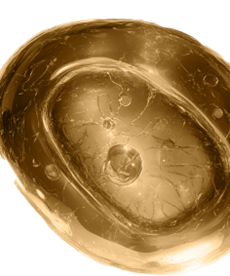Lactose Intolerance Duplex
The LAMP Human Lactose Intolerance Duplex KIT is an in vitro diagnostic test intended for the qualitative detection of the MCM6 polymorphisms, -13910 C/T (rs4988235), -13915 T/G (rs41380347), -14010 G/C (rs145946881) and -14009 T/G (rs869051967), by Loop-mediated isothermal amplification (LAMP) on EDTA whole blood and extracted DNA. This assay is dedicated to professional use in diagnostic laboratories. The device is not for self-testing.
Lactose intolerance in adulthood is caused by reduced production of lactase after infancy, called lactase non-persistence or adult-type hypolactasia and is the most common type of lactose intolerance. The expression of the enzyme lactase, encoded by the LCT gene, is regulated by a DNA sequence located nearby, the MCM6 gene. Changes in this element have led to sustained lactase production in the small intestine and the ability to digest lactose throughout life. People without these changes have a reduced ability to digest lactose as they get older, resulting in the signs and symptoms of lactose intolerance.
Format: 24 or 96 determinations
Storage: At -20°C. 8 freeze and thaw max.
Possible automation: Yes
Analysis software : Yes
Turn around time: Around 1 hour
Disease Information
Advantages
Linked products

You have a question regarding our products ? You want to know more about our method ?
Find out about our other expertises

